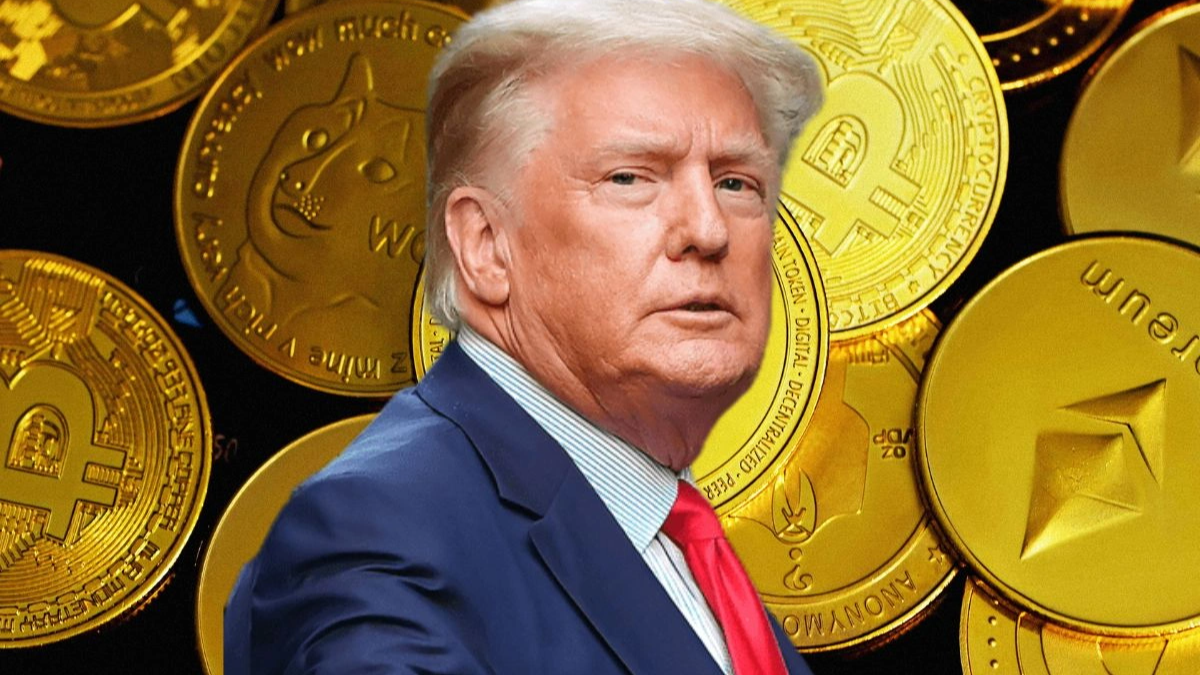Gen-Z crypto traders in South Korea have “aggressive” investment tendencies, with a preference of altcoins over Bitcoin and Ethereum, according to analysis from a local news publication.
Analysing data from the Korean exchange Bithumb, News1 Korea found that Ripple was the most favoured altcoin among 20-year-olds.
“It seems that they have an investment tendency aimed at short-term profits rather than long-term investments,” Kim Dong-hwan, CEO of Wonderframe, told News1 Korea.
South Korean crypto investment trends
When looking at Bithumb’s data, News1 Korea specifically analysed the spending differences among various generations.
The publication discovered Ripple was the most chosen crypto investment for those in their 20s. XRP was 3.2% more likely to be chosen over BTC and ETH, assets that are seen as more stable compared to altcoins.
A total of 82.5% of Gen-Z investors had traded altcoins, News1 Korea reported.
“If you see that (20s) invest in Ripple more than Bitcoin and Ethereum, they are more agile in responding to short-term issues in the market than having a long-term view of the market,” Dong-hwan said.
As well as XRP, lesser known altcoins proved popular amongst this generation, with some inventors choosing the Web3 coin Fellaz and the crypto gaming coin Mines of Dalania. News1 Korea noted their small market cap in comparison to BTC.
Meanwhile, investors in their 30s represented the highest amount of Bitcoin and Ethereum traders on the Bithumb exchange. This was then followed by investors in their 60s. Gen-Z were the least active BTC and ETH investors.
Gen-Z most likely to copy trade
Gen-Z crypto investors have been found to use more aggressive strategies worldwide. A recent report from the Bitget exchange said the generation was most likely to engage in copy trading, a strategy that involves mirroring someone else’s trades.
Copy trading, also known as social trading, is being offered by several exchanges, including Bybit and MEXC.
Bitget said that Gen Z’s preference for copy trading could be explained by their tendencies to look to social media influencers for investment decisions.
South Korea’s crypto clamp down
Regulation could play a growing role in how these trends develop. South Korea has started exercising regulatory force on crypto activity in the country.
The country introduced its first stand-alone cryptocurrency bill earlier this year. The new regulation sets out a legal definition for digital assets and introduces penalties for crypto crimes.
“We welcome the authorities’ attempt to build order. But the law in general remains stuck in the perspective of traditional finance in terms of regulating crypto,” Lee Suh Ryoung, chief secretary general of the Korea Blockchain Enterprise Promotion Association, told Bloomberg.
Then, in July, South Korea announced a task force to combat crypto-related crimes. Staffed by 30 investigators from seven different government agencies, the investigation unit was formed to analyse market players who distribute cryptos. There is an especial focus on unusual trading and crypto crimes.
Since then, the CEO of the local Bitsonic crypto exchange was arrested by South Korea for reportedly stealing $7.5million in user funds. The prosecution alleged that the Bitsonic founder manipulated the prices and trading volumes of cryptocurrencies on the exchange, giving him the opportunity to steal these funds.
More recently, on 22 August, there were reports that the Cheongju city was planning on seizing cryptocurrencies from local tax evaders.


